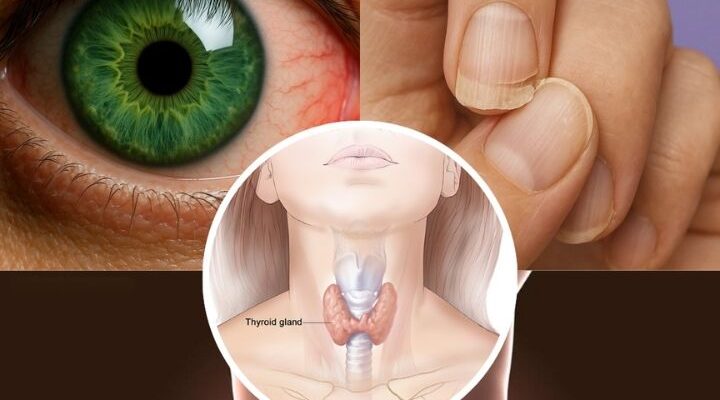The thyroid gland, located at the base of the neck, plays a vital role in regulating metabolism, energy, and other body functions. When it malfunctions, symptoms may be subtle but impactful.
Hyperthyroidism occurs when the thyroid becomes overactive and produces too many hormones, speeding up the body’s processes. Common signs include irregular menstrual cycles, heart palpitations, irritability, increased hunger, excessive sweating, and eye issues like dryness or bulging. These symptoms can vary with age—older adults may experience fatigue, depression, or weight loss instead of classic signs. Women over 60 are especially at risk, while children may show rapid growth or early puberty.
Nutrition plays a key role in thyroid health. Those with hyperthyroidism benefit from low-iodine foods like fresh fruits, egg whites, and non-starchy vegetables. Foods rich in selenium (like rice and beans), calcium, iron, and vitamin D also help. Avoid caffeine, soy, gluten, and iodine-rich foods such as seaweed, fish, and red-dyed products.
Hypothyroidism, on the other hand, involves underproduction of thyroid hormones, slowing metabolism. It may cause eyebrow thinning (especially at the outer edges) and brittle nails. These symptoms often develop gradually but can be managed effectively with treatment and proper nutrition.
Early recognition of thyroid symptoms is key to effective care.



